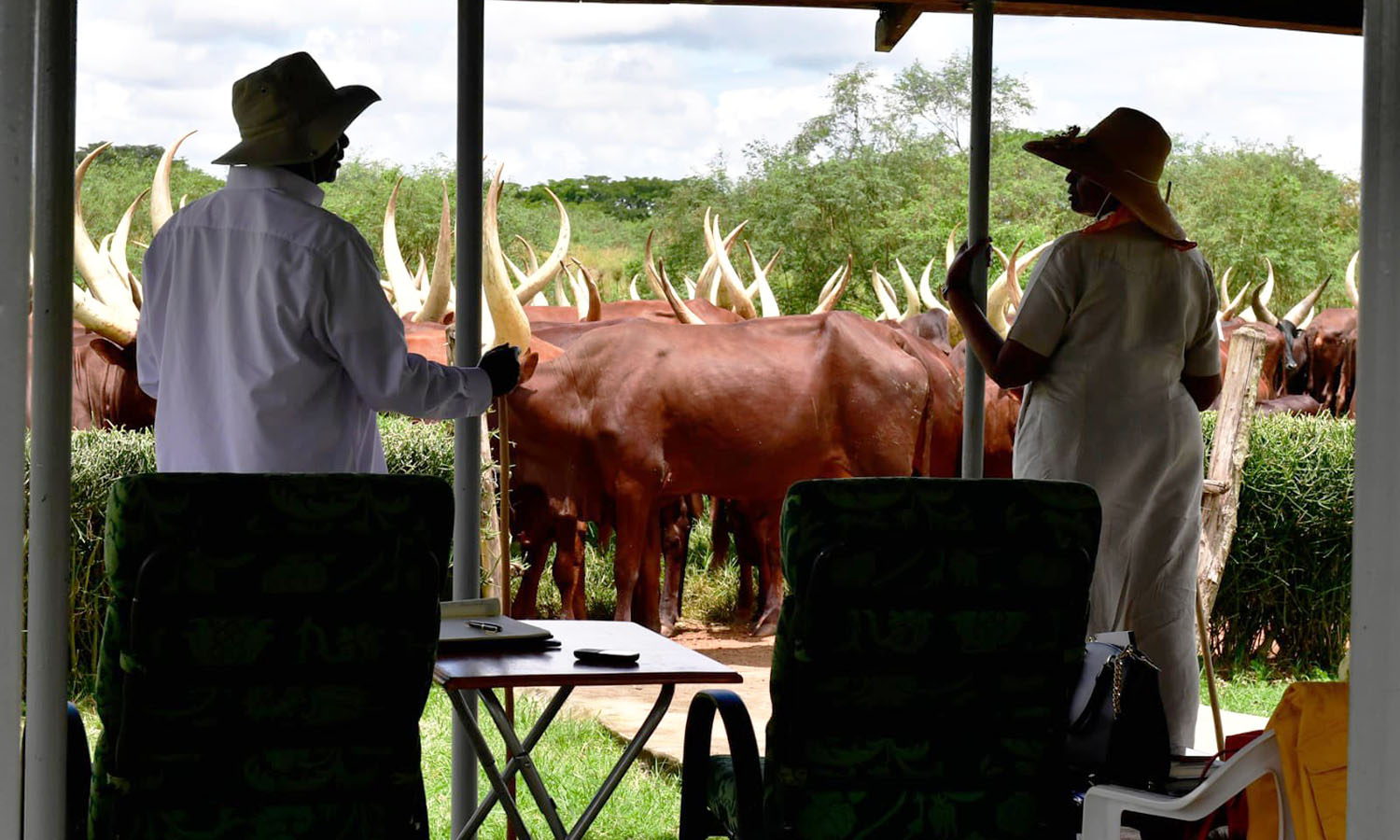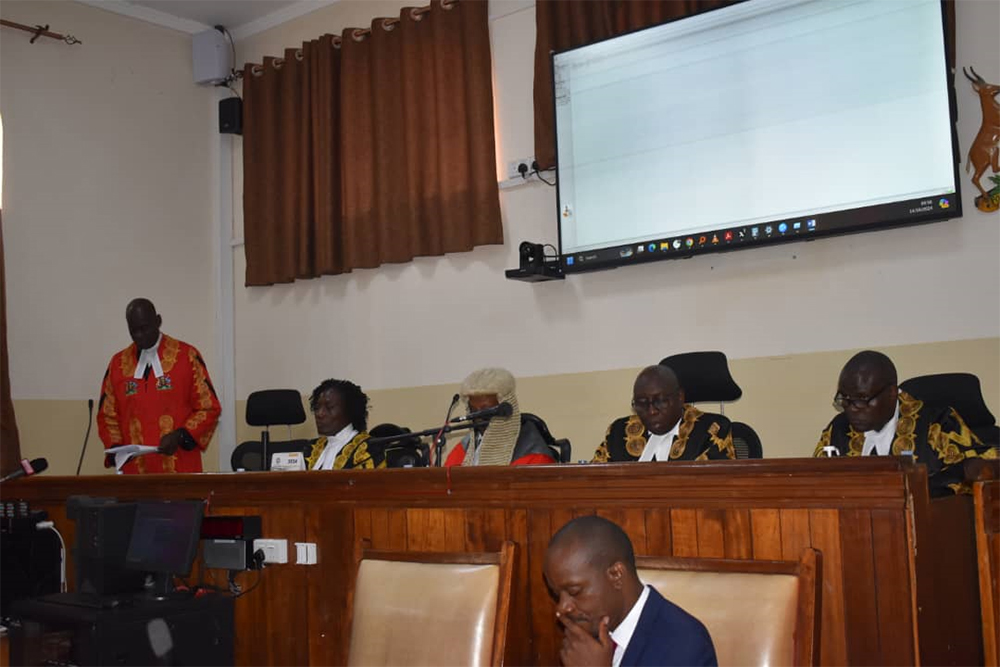Amidst the Uganda Revenue Authority’s (URA) efforts to broaden its tax base and enhance revenue generation, Speaker Anita Among has put forth a suggestion: impose a tax on cattle.
During a plenary sitting convened to address the grievances of striking city traders, Among criticized URA for focusing solely on taxing formal businesses while neglecting informal sectors.
Drawing from her own experience, Among revealed that she owns over 2,000 cows yet does not pay any taxes on them.
“Are cows taxed? Yes, it’s an informal sector, but if we aim to broaden the tax base, then we should consider taxing cattle. I personally own over 2,000 cows, but I don’t pay any taxes on them. Let’s expand the tax base instead of burdening the traders. Many people own numerous cows,” she asserted.
However, this proposal is likely to stir controversy, particularly because many senior government officials, including President Museveni, possess substantial cattle holdings.
Historically, Museveni has opposed taxing agricultural and animal produce, arguing that Uganda remains a predominantly agrarian society where many livelihoods depend on farming.
The past five days have witnessed traders in Kampala and other towns shutting down their shops in protest against what they perceive as unfair taxes and the implementation of the Electronic Fiscal Receipting and Invoicing Solutions (EFRIS) by URA to collect Value Added Tax (VAT).
Speaker Among’s suggestion to tax cattle presents a potential avenue for expanding the tax base, but it also raises questions and debates about the feasibility and implications of such a measure, particularly within Uganda’s agricultural context.




















